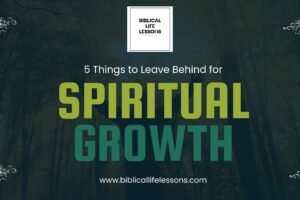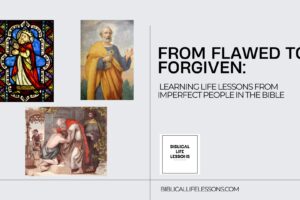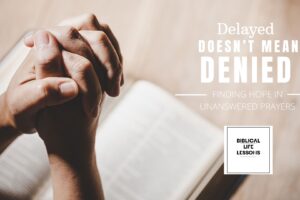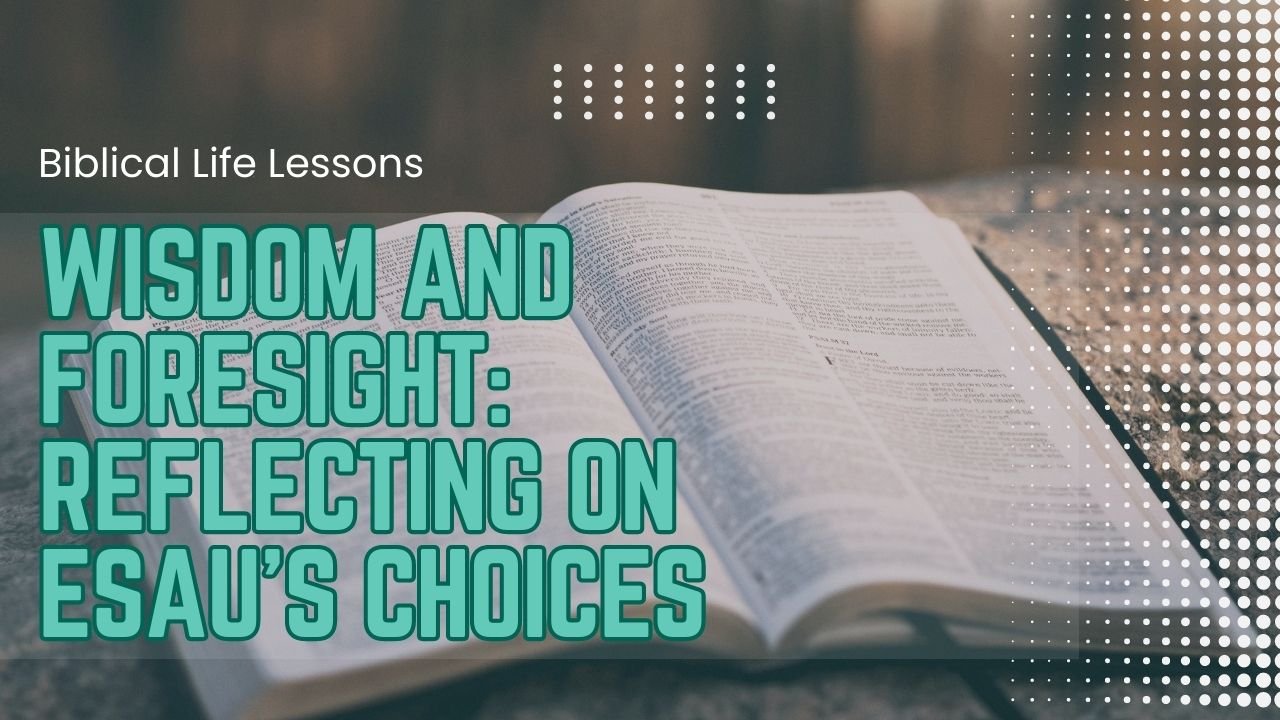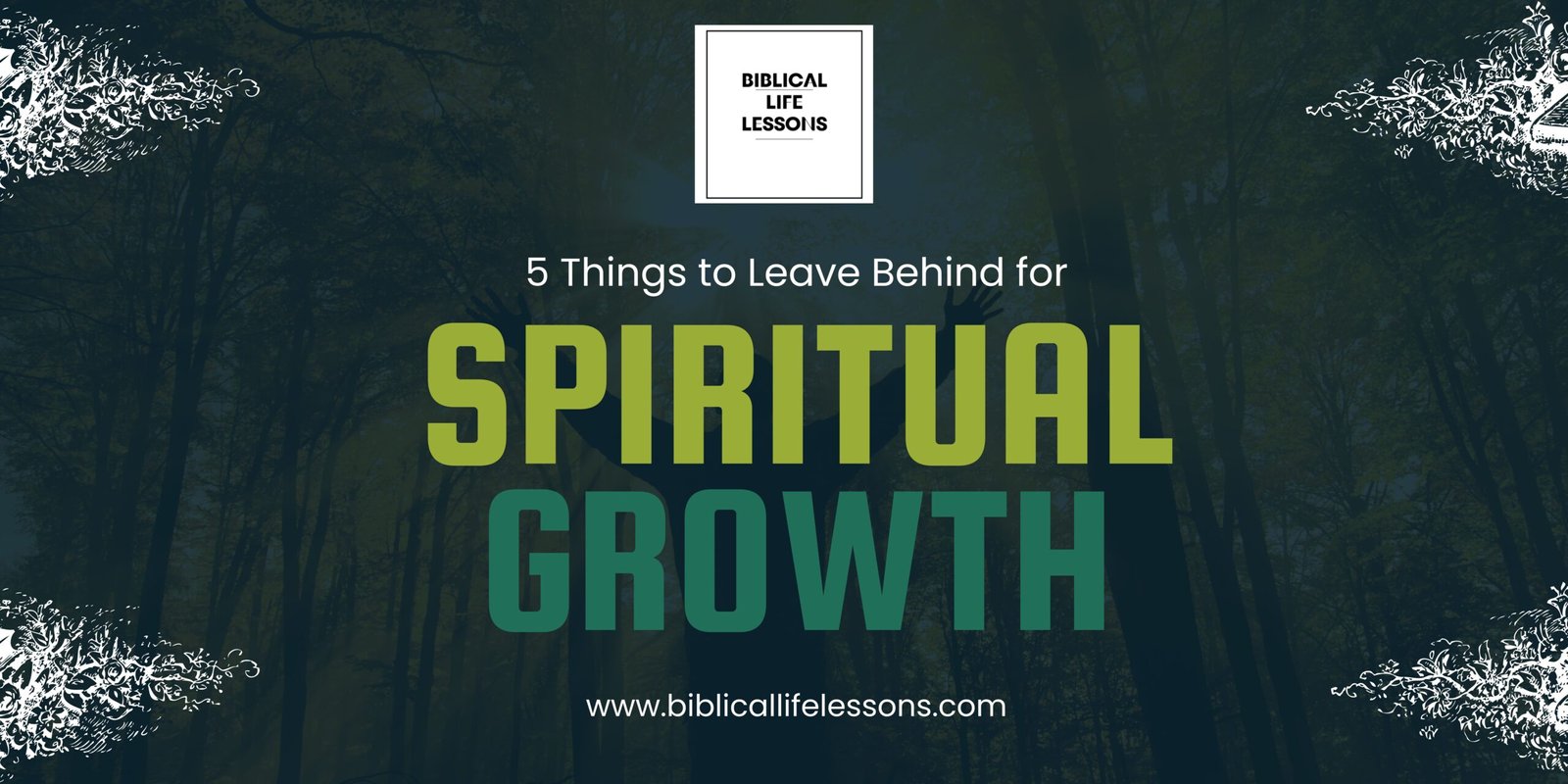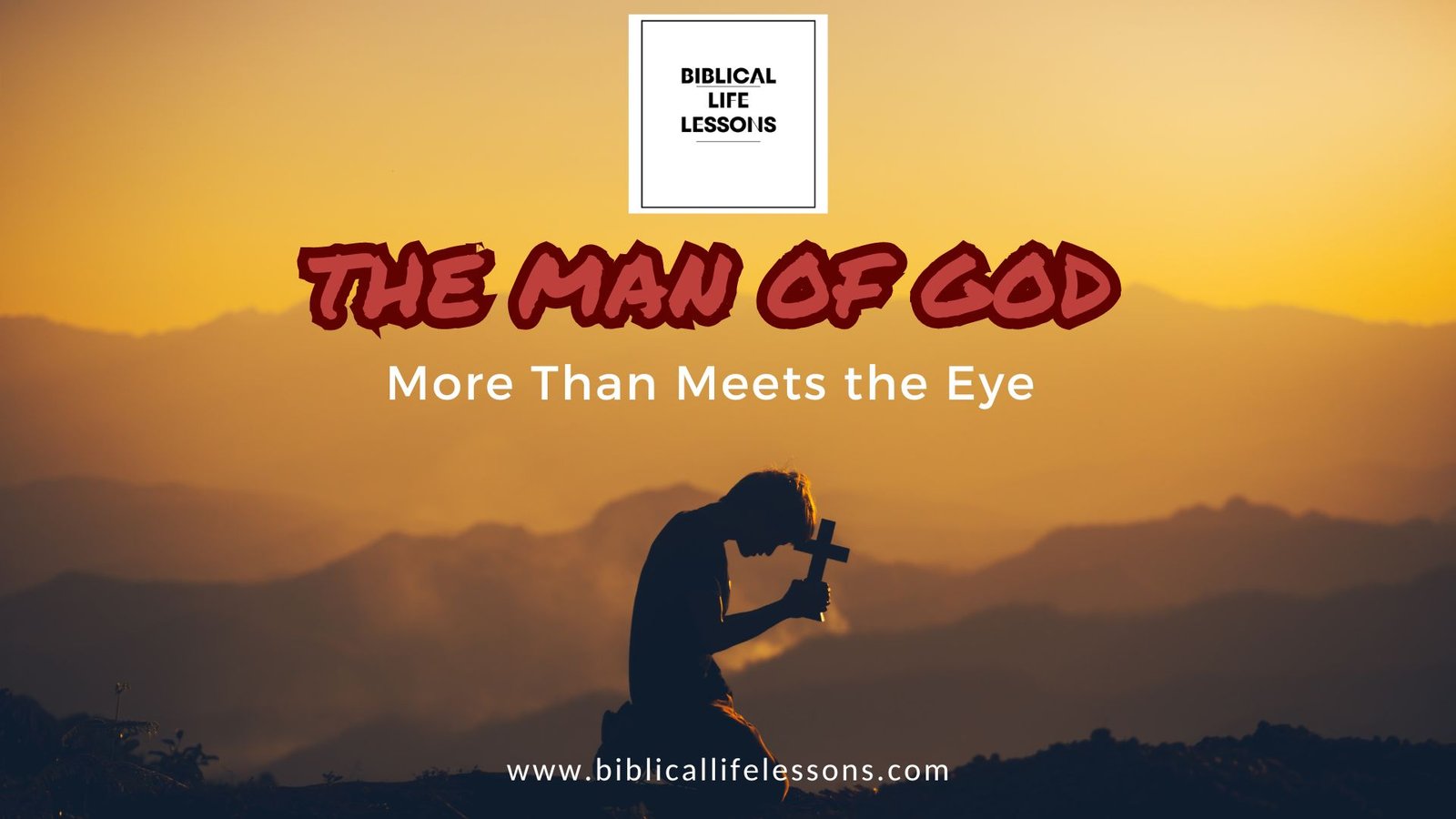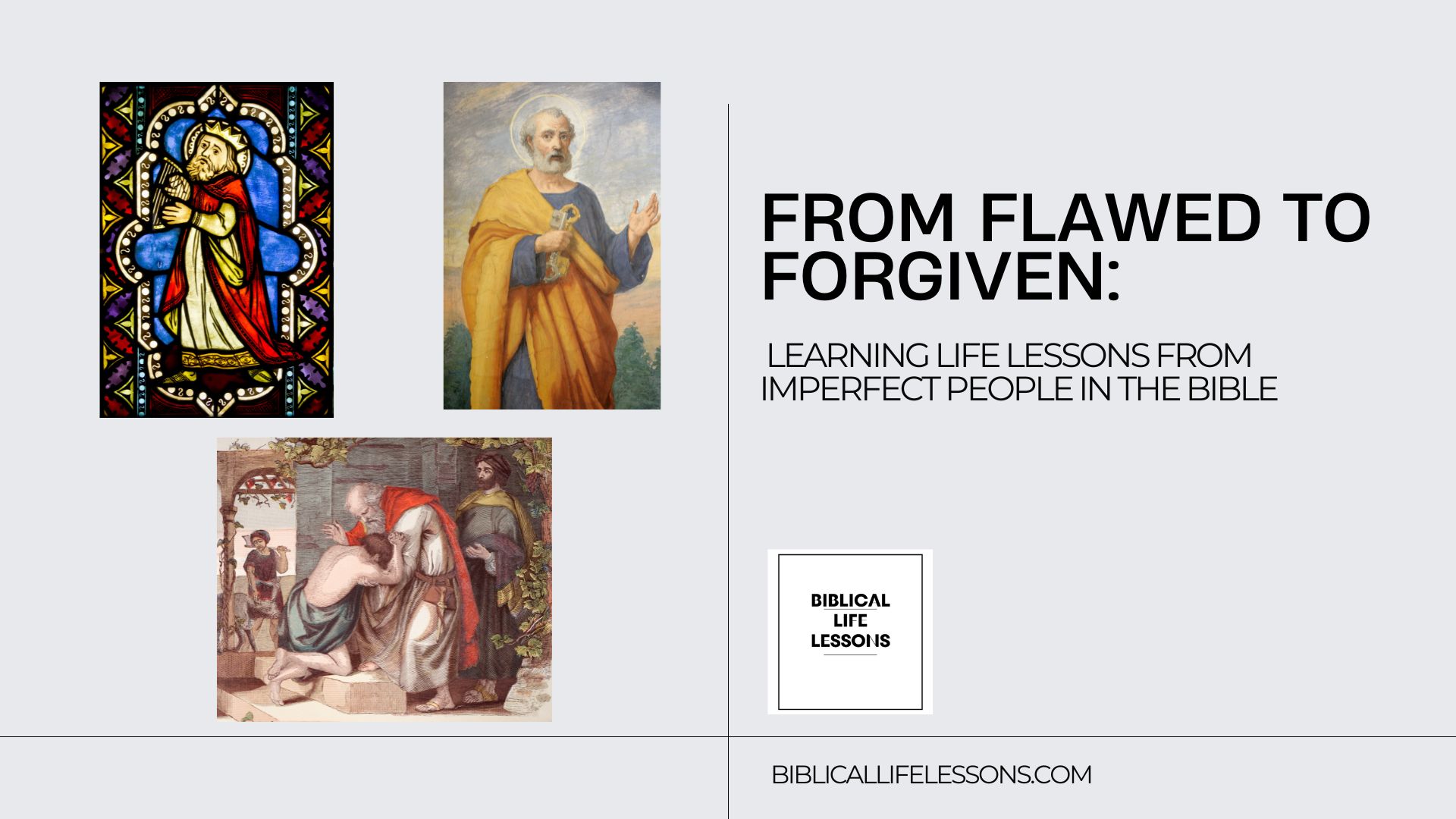In the pages of the Old Testament, the story of Esau, the elder son of Isaac and Rebecca, stands as a powerful reminder of the consequences of hasty decisions and the value of wisdom and foresight. This article delves into the narrative of Esau’s choices, exploring the pivotal moments that shaped his life and the valuable lessons that can be gleaned from his journey.
The Birthright Bargain
Esau’s story begins with a significant event—the bargaining of his birthright. Famished from hunting, Esau returned to find his brother Jacob preparing a lentil stew. In a moment of impulse, he exchanged his birthright for a mere bowl of food. This impulsive decision marked the beginning of a path that would have far-reaching consequences.
“Once when Jacob was cooking some stew, Esau came in from the open country, famished. He said to Jacob, ‘Quick, let me have some of that red stew! I’m famished!’… Jacob replied, ‘First sell me your birthright.’ ‘Look, I am about to die,’ Esau said. ‘What good is the birthright to me?’ But Jacob said, ‘Swear to me first.’ So, he swore an oath to him, selling his birthright to Jacob.” (Genesis 25:29-33, NIV)
A Missed Blessing
As the story unfolds, another pivotal moment emerges—the blessing of Isaac. Isaac, nearing the end of his life, sought to bestow his blessing upon Esau, his firstborn. However, Rebecca, aware of God’s plan to bless Jacob instead, orchestrated a scheme to have Jacob receive the blessing instead of Esau. The blessing was given, and Esau, unaware of the switch, pleaded for his father’s blessing, but it had already been bestowed upon Jacob.
“Isaac trembled violently and said, ‘Who was it, then, that hunted game and brought it to me? I ate it just before you came and I blessed him—and indeed, he will be blessed!’ When Esau heard his father’s words, he burst out with a loud and bitter cry and said to his father, ‘Bless me—me too, my father!’ But he said, ‘Your brother came deceitfully and took your blessing.'” (Genesis 27:33-35, NIV)
Regret and Forgiveness
Esau’s reaction to the loss of his birthright and blessing offers insight into the complexity of human emotions. Initially, he expressed bitterness and anger, vowing to kill Jacob. However, as time passed, Esau’s heart softened, and he eventually forgave Jacob. This act of forgiveness is a powerful testament to the capacity for reconciliation and grace even in the face of deep hurts.
“Esau held a grudge against Jacob because of the blessing his father had given him. He said to himself, ‘The days of mourning for my father are near; then I will kill my brother Jacob.’ When Rebekah was told what her older son Esau had said, she sent for her younger son Jacob and said to him, ‘Your brother Esau is planning to avenge himself by killing you. Now then, my son, do what I say: Flee at once to my brother Laban in Harran.'” (Genesis 27:41-43, NIV)
“Esau held a grudge against Jacob because of the blessing his father had given him. He said to himself, ‘The days of mourning for my father are near; then I will kill my brother Jacob.’ When Rebekah was told what her older son Esau had said, she sent for her younger son Jacob and said to him, ‘Your brother Esau is planning to avenge himself by killing you. Now then, my son, do what I say: Flee at once to my brother Laban in Harran.'” (Genesis 27:41-43, NIV)
Seeking Wisdom and Foresight
Esau’s choices, both impulsive and reactionary, teach valuable lessons about the importance of seeking wisdom and foresight in decision-making. His impulsive exchange of the birthright highlights the consequences of acting without considering the long-term impact. Additionally, his reaction to the blessing emphasizes the significance of emotional intelligence and the potential for personal growth and forgiveness.
“See that no one is sexually immoral, or is godless like Esau, who for a single meal sold his inheritance rights as the oldest son. Afterward, as you know, when he wanted to inherit this blessing, he was rejected. Even though he sought the blessing with tears, he could not change what he had done.” (Hebrews 12:16-17, NIV)
The Legacy of Esau
As the biblical narrative progresses, Esau’s descendants—the Edomites—established a kingdom in the region of Seir, known for their skilled warriors and fierce independence. Despite the challenges and consequences of his choices, Esau’s legacy endured through his descendants, leaving a mark on the history of the ancient world.
“These are the names of Esau’s sons: Eliphaz, the son of Esau’s wife Adah, and Reuel, the son of Esau’s wife Basemath… These were the sons of Esau (that is, Edom), and these were their chiefs.” (Genesis 36:10-19, NIV)
Lessons for Modern Times
Esau’s story resonates with individuals of all ages, offering valuable insights that hold relevance in contemporary life:
1. Consider the Consequences
Esau’s impulsive decision serves as a cautionary tale, reminding us to consider the consequences of our choices carefully. Taking a moment to assess the long-term impact can lead to wiser decisions that align with our values and goals.
2. Embrace Emotional Intelligence
Esau’s journey towards forgiveness showcases the power of emotional intelligence and the ability to navigate complex emotions. Cultivating empathy and forgiveness can foster healthier relationships and personal growth.
3. Seek Wisdom and Foresight
Esau’s choices urge us to seek wisdom and foresight in our decision-making. Drawing from past experiences and seeking counsel can lead to more informed choices that contribute to our well-being and fulfillment.
4. Embrace Second Chances
Esau’s eventual forgiveness of Jacob demonstrates the importance of embracing second chances and extending grace to others. Choosing to forgive and seek reconciliation can lead to healing and restoration.
The narrative of Esau’s choices in the Old Testament serves as a poignant reflection on wisdom, foresight, and the consequences of our actions. His impulsive decisions, missed opportunities, and eventual path towards forgiveness offer valuable lessons for individuals navigating the complexities of life. By learning from Esau’s journey, we can seek wisdom, embrace emotional intelligence, and make choices that align with our values, leading to a more purposeful and fulfilling existence. As we reflect on the legacy of Esau, we are reminded of the power of personal growth, forgiveness, and the enduring relevance of ancient wisdom in our modern lives.
